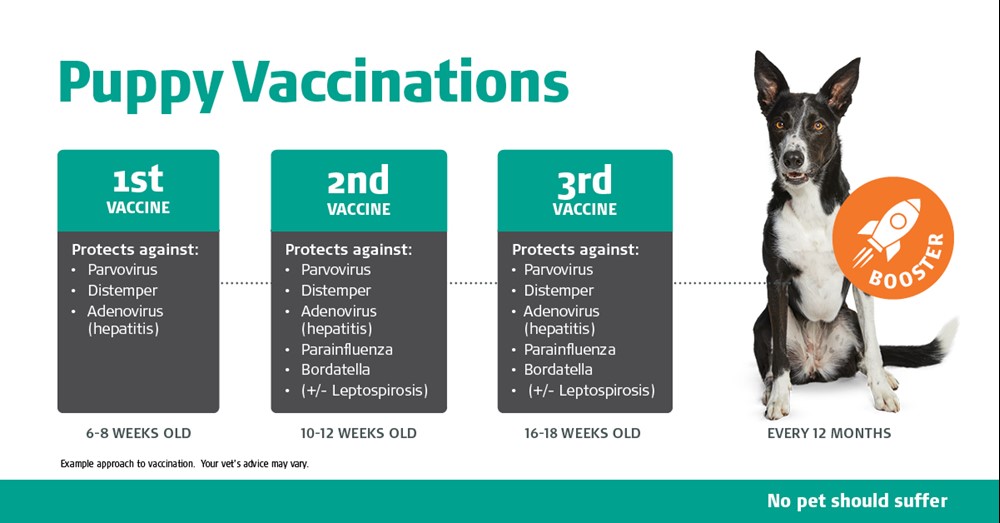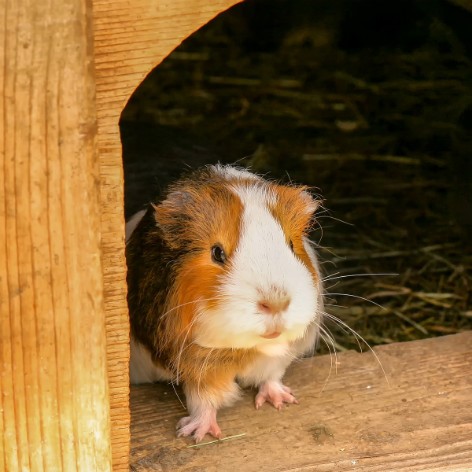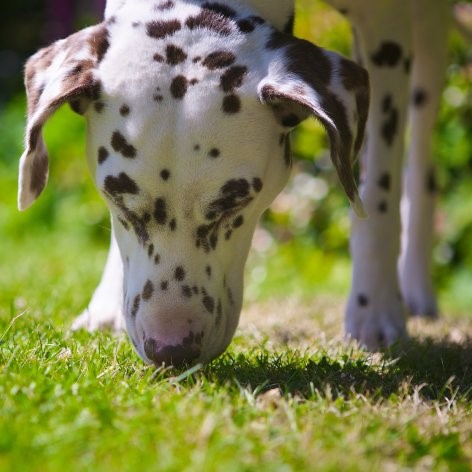Congratulations on your New Puppy!
So now that your puppy has settled in at home, how do you ensure that your new puppy has the best protection against preventable infectious diseases? Luckily, nowadays we have effective puppy vaccinations that help protect them from these dangerous infections.
Here is a simple guide that you can follow so that your puppy has the best chance of remaining protected right up until adult hood. Vaccination guidelines vary in animal shelters and between different regions of Australia. The protocol may also vary depending on the specific brand of vaccine that your vet stocks. Below is the approach that I use in my practice:
1st Puppy Vaccinations: 6-8 weeks old
The first puppy vaccinations consist of a 3-in-1 vaccine known as a C3, which covers the following life-threatening diseases:
- Parvovirus
- Distemper
- Adenovirus (also known as hepatitis)
The majority of puppies in New Zealand will usually have had their first puppy vaccination before you bring them home, but it is vital to ensure you have a vaccination certificate that confirms this.
2nd Puppy Vaccinations: 10-12 weeks old
The second puppy vaccinations consist of a 5-in-1 vaccine known as a C5:
- Parvovirus
- Distemper
- Adenovirus (hepatitis)
- Parainfluenza
- Bordatella
Leptospirosis vaccination may also be recommended by your veterinarian and is depends on your geographical location.
Usually the second puppy vaccinations take place approximately 4 weeks after the 1st one with your vet. As you can see in the list above, the 2nd vaccination includes a 2nd dose of the C3 vaccine and may also include vaccination against canine infectious tracheitis, sometimes known as canine cough or kennel cough. Canine cough consists of a viral component (Parainfluenza) and a bacterial component (Bordetella). This vaccine can be administered as an intranasal dose (given as a drop into the nostrils), an oral dose (given as a drop into the mouth) or an injectable dose (which can be added to the C3 vaccine and given as a single injection under the skin).
3rd Puppy Vaccination: 16-18 weeks old
The final puppy vaccinations are a repeat of the 5-in-1 C5 vaccine:
- Parvovirus
- Distemper
- Adenovirus (hepatitis)
- Parainfluenza
- Bordatella
(+/- Leptospirosis vaccination)
The final puppy vaccinations take place at a minimum age of 16 weeks because prior to this age, maternal antibodies, acquired when the puppy was feeding from their mother, may still be circulating in your puppy’s blood stream and these can interfere with the way the vaccine works1, 2.

A General Health Check
Each time your puppy has a vaccination, your vet will perform a clinical examination and this will give you the opportunity to ask questions about your puppy’s general health, including the importance of high-quality nutrition during your puppy’s rapid growth phase. More information about puppy nutrition here.
Once your puppy’s initial vaccinations have been completed, your veterinarian will usually recommend a booster approximately 12 months after the final puppy vaccination was given. From then on, an annual health check is recommended and recommendations for future vaccinations will be discussed with your vet.
A Note on Leptospirosis
Puppy parents may have heard about Leptospirosis, a serious bacterial infection causing liver and kidney disease that can affect both pets and humans in certain parts of Australia.
Transmission depends on the type, but dogs may become infected from environments contaminated with infected rat urine, eating or getting bitten by an infected rat or via urine from infected livestock (e.g. dairy farms, pig farms). The disease is more common in regions where there is high rainfall as well as inner-city areas with heavy rat populations3. Remember to discuss the risks of Leptospirosis with your local veterinarian to see if it is a problem in your area.
References:
1. Pollock RV, Carmichael LE Maternally derived immunity to canine parvovirus infection: transfer, decline, and interference with vaccination. J Am Vet Med Assoc 1982;180(1):37-42.
2. Day MJ, Horzinek MC, Schultz RD et al. WSAVA Guidelines for the vaccination of dogs and cats. J Small Anim Pract 2016;57:E1–45.
3. Effler P. Leptospirosis: key things to know about this quintessential zoonotic pathogen. Microbiology Australia 2020; 41:19-22.





